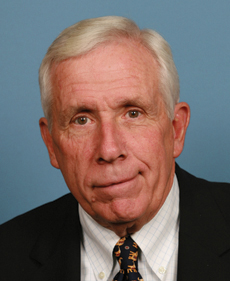A Quote by Peter A. Levine
Trauma and sexual abuse are two of our most pressing human and societal problems. They must be studied by unbiased scientific investigation rather than polarized by hysteria and politics.
Related Quotes
I conceive that the leading characteristic of the nineteenth century has been the rapid growth of the scientific spirit, the consequent application of scientific methods of investigation to all the problems with which the human mind is occupied, and the correlative rejection of traditional beliefs which have proved their incompetence to bear such investigation.
Modern problems proliferate and remain unsolved because we spend so much time trying to deal with societal and world problems without first dealing with family and community problems. If we organized for normal families and communities - if these two groups provided the functions they are designed for - world problems would diminish and fade out in two or three generations.
Reductionist ideology not only hinders biologists from thinking adequately about the phenomena we wish to understand: it has two important social consequences: it serves to relocate social problems to the individual rather than exploring the societal roots and determinants of a phenomenon; and second, it diverts attention and funding from the social to the molecular.
We can't just rail against crime. We must speak of the root problems - devastating family breakup, an insidious culture of violence that cheapens human life, skyrocketing prisoner recidivism rates that rob our communities of husbands and fathers - and recognize that there is a societal role in rehabilitation and restoration.
The confidence in the unlimited power of science is only too often based on a false belief that the scientific method consists in the application of a ready-made technique, or in imitating the form rather than the substance of scientific procedure, as if one needed only to follow some cooking recipes to solve all social problems. It sometimes almost seems as if the techniques of science were more easily learnt than the thinking that shows us what the problems are and how to approach them.






































